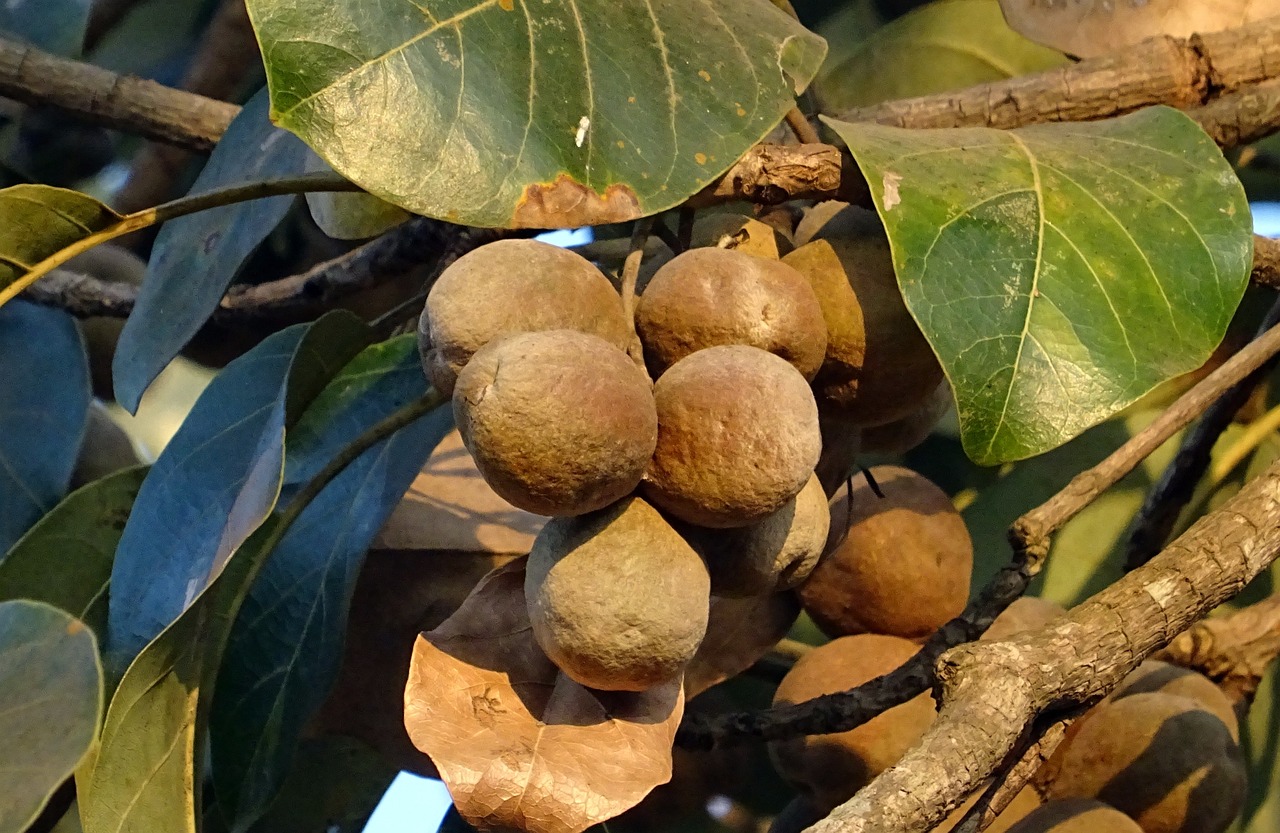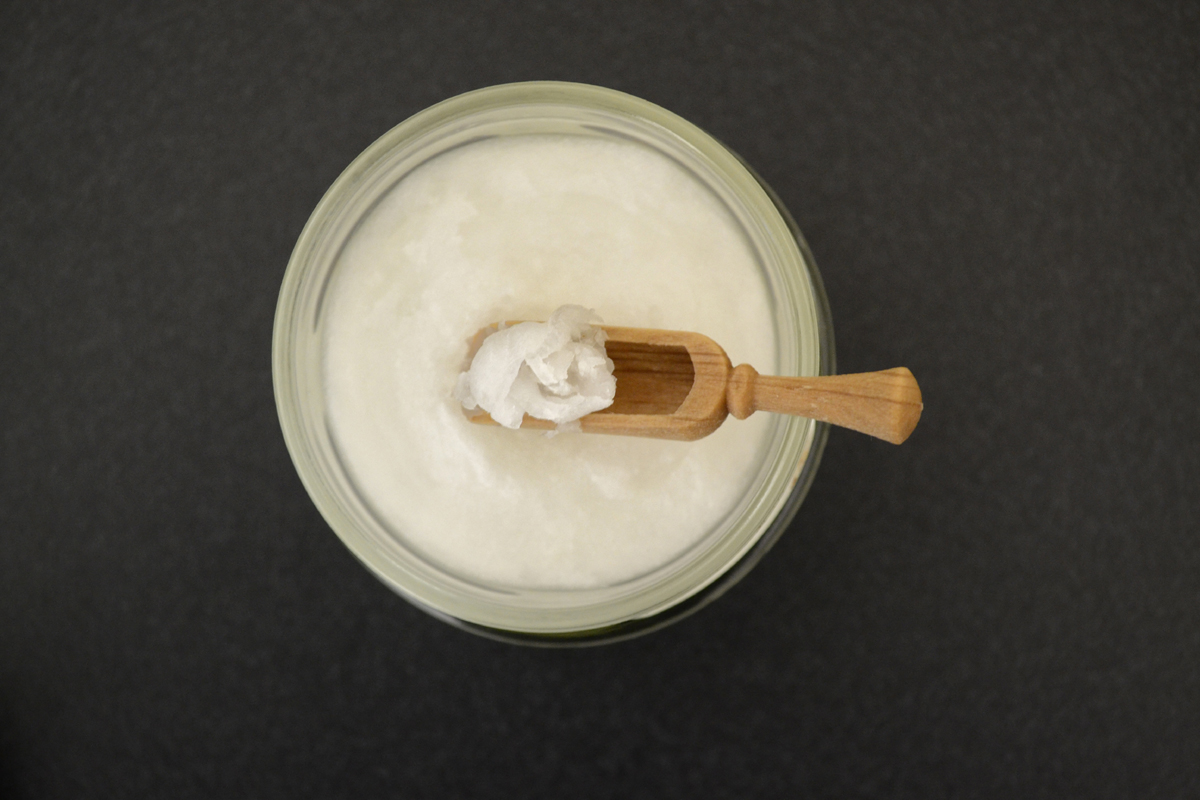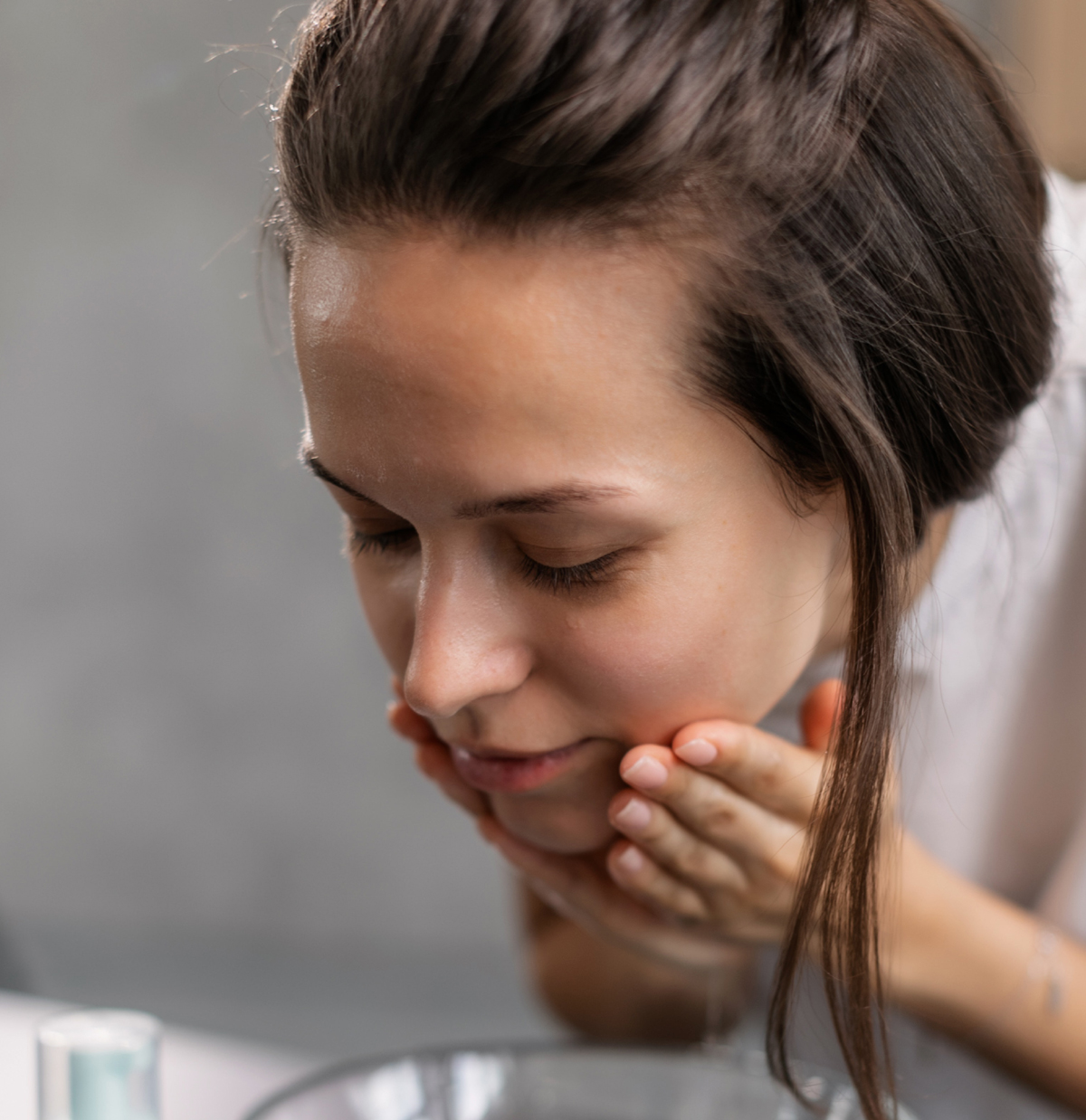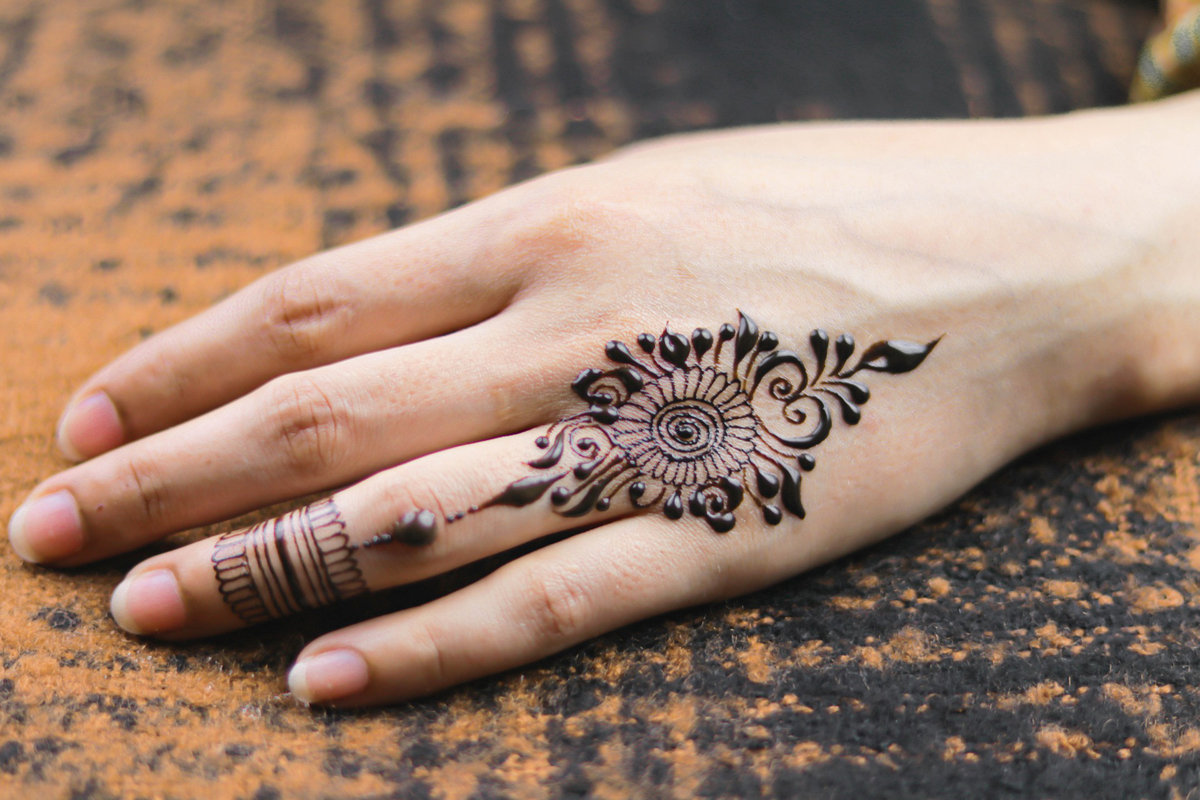Ayurvedic Skin Care: Triphala Helps Your Skin From The Inside Out!

According to Ayurveda, perfect digestion is the basis of all health, including skin health. So it should not come as a surprise that a traditional Ayurveda tummy tonic is also considered the best herbal food for your skin.
Triphala — literally “three fruits” is a well-known traditional herbal combination that works wonders for all types of skin. Because its cleansing action is replenishing instead of draining, and because of its nutrition content, Triphala makes an excellent skin tonic. And because Triphala is tridoshic–equally balancing for Vata, Pitta and Kapha doshas–it is useful for all skin types.
How Triphala helps Vata skin
Vata skin is typically dry and delicate, and tends to lose tone and plumpness prematurely unless nourished on a regular basis. Triphala nourishes the skin both directly and indirectly.
According to ayurveda, perfect digestion is the basis of all health, including skin health. So it should not come as a surprise that a traditional Ayurvedic tummy tonic is also considered the best herbal food for your skin.
Triphala — literally “three fruits” is a well-known traditional herbal combination that works wonders for all types of skin. Because its cleansing action is replenishing instead of draining, and because of its nutrition content, Triphala makes an excellent skin tonic. And because Triphala is tridoshic–equally balancing for Vata, Pitta and Kapha doshas–it is useful for all skin types.
How Triphala helps Vata skin
Vata skin is typically dry and delicate, and tends to lose tone and plumpness prematurely unless nourished on a regular basis. Triphala nourishes the skin both directly and indirectly.
Amla, one of the three ingredients in Triphala, is the richest known natural source of vitamin C. Vitamin C helps in the production of collagen, which is necessary to keep skin supple and thick. Triphala also contains calcium. Calcium helps enhance skin clarity and brings dull, tired skin to life.
Also, by removing ama, the digestive toxic matter that clogs the channels of the body, Triphala enables your body and your skin to better absorb, assimilate and utilize the nutrients from the foods you eat.
Finally, because Triphala balances the agni–metabolic mechanism–of the skin and opens up the channels of the skin with its cleansing action, it enhances your skin’s ability to absorb nutrients from any topical nutritional material, such as oils, pastes and creams.
You can maximize the nourishment you give your skin and get the full benefit of Triphala’s nourishing quality by eating a balanced, wholesome diet composed of foods that are good for your skin-type and by using pure, nutrient-rich massage oils, creams and cleansers on your face and body.
How Triphala helps Pitta skin
Pitta skin is generally sensitive, especially to the sun, and needs protection to stay in balance. Triphala has powerful antioxidant properties. Besides vitamin C, Amla also contains carotenoids, flavanoids and other antioxidants. Triphala thus helps enhance the skin’s natural resistance to free radical damage.
In research studies, Amla has been shown to have anti-bacterial and anti-inflammatory properties. Triphala is therefore helpful for improving the skin’s natural immunity and resistance to hypersensitivity. Triphala also helps improve the skin’s natural resilience to photosensitivity by helping to balance Bhrajaka Pitta, the metabolic mechanism of the skin.
Triphala includes the three tastes that pacify the fire element-bitter, sweet and astringent. When the fire element in the physiology is balanced, resistance to photosensitivity increases. Although Amla, the first ingredient in Triphala, contains the sour taste, which normally increases heat, the sourness in Amla gets neutralized when the fruit comes into contact with the saliva and digestive enzymes. Thus Triphala helps pacify Pitta and decreases the skin’s vulnerability to photosensitivity.
How Triphala helps Kapha skin
Toxins are the bane of people with Kapha skin. Because of its oily nature, Kapha skin attracts impurities like a magnet. Unless cleansed from the inside and the outside, Kapha skin breaks out because of toxin build-up.
Each of the three ingredients in Triphala plays in role in cleansing the skin. Amla helps cleanse toxins from the different tissues-blood and fat tissue in particular-and thus helps to keep the skin clear. It also enhances the natural immunity of the skin.
Behada (Bibhitaki, Terminalia belerica) balances lipid levels in the skin. When lubrication becomes excessive, the channels of the skin get clogged with toxins. By balancing lipid levels, Behada helps keep skin clear of toxic build-up.
Harada (haritaki, Terminalia chebula) helps to cleanse the colon, which in turn helps in purifying the fat tissue. For the skin, this means that the sweat glands get purified, and the skin is better able to flush toxins out through the sweat. The pores stay clear, and less toxic matter accumulates in the skin. Harada also clears and opens up the micro-circulatory channels of the skin. The skin’s natural ability to self-detoxify is enlivened when the channels are clear.
While Triphala’s cleansing action is effective, it is not harsh. Triphala’s action does not drain the skin of nutrients. Because it is powerfully rejuvenating as well as cleansing, Triphala preserves and enhances the skin’s reservoir of available nutrients and the skin’s ability to use those nutrients while cleansing the skin of toxins.
To help your skin make the most of Triphala’s cleansing power, avoid eating too many heavy, deep-fried foods or rich desserts, especially if you have Kapha skin. Light, easy-to-digest foods, cleansing foods such as sweet juicy fruits and lots of pure water help Triphala work at deeper levels of the physiology to cleanse gently yet effectively.
Note: This ayurvedic information is educational and is not intended to replace standard medical treatment or advice.
The Author:
Shreelata Suresh is a yoga instructor from the Bay Area. She writes on Ayurveda and yoga.








